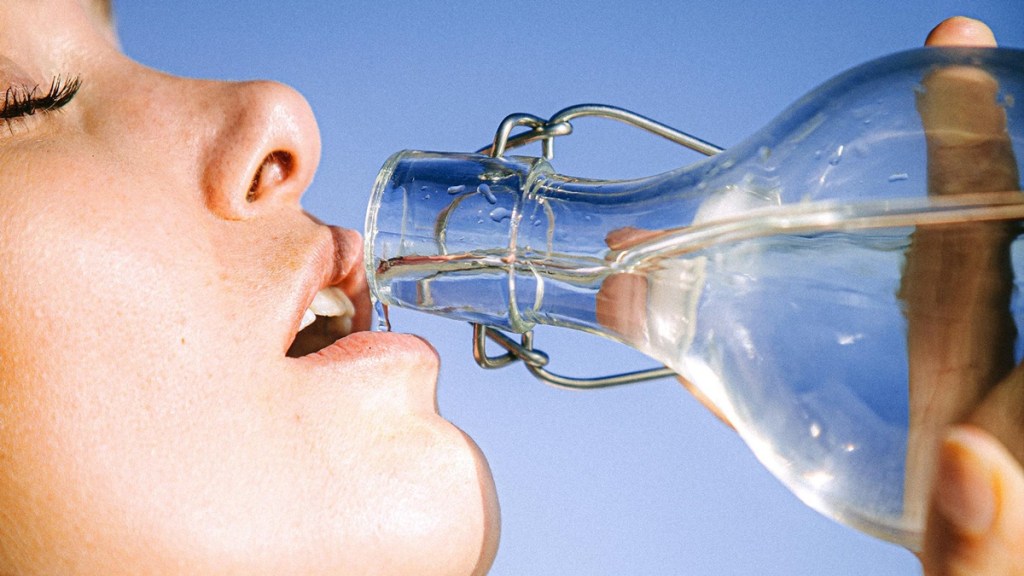In a shocking incident, a 19-year-old teen from Meruvambayi in Kannur after consuming only hot water for nearly six months to lose weight. Reportedly, the teen had not been eating enough food for the past one year as she feared gaining weight.
According to a report by Times of India, the girl was suffering from anorexia nervosa, an eating disorder with complex mental, behavioural and physical symptoms, including intense fear of gaining weight.
She was undergoing treatment at Thalassery Cooperative Hospital. She was on ventilator support since the last four days and she died on Saturday.
“When she came to the hospital, her blood pressure and pulse were very weak. Also, her blood sugar was in the 40-50 level and the electrolyte level was very low. The internal organs, including stomach and intestine, too had sustained damage due to low food intake,” Dr Nagesh Prabhu of the Thalassery Cooperative Hospital said, as quoted by TOI.
The doctors maintained that she was showing signs of mental health issues but there was no scope for undergoing psychiatric treatment as her condition had worsened by then.
The girl weighed only 24 kg and suffered from dangerously low blood sugar levels, sodium and blood pressure. Her body had become too weak to respond to treatment, even with ventilator support, Indian Express reported.
What is water fasting?
Water fasting involves abstaining from food and drinking only water. According to Healthline, it is a type of fast that restricts everything except water. It has become more popular in recent years as a quick way to lose weight.
It is noteworthy that human studies on water fasting are very limited. Moreover, it comes with many health risks and is not suitable for everyone. Most water fasts last 24–72 hours. You should not follow a water fast for longer than this without medical supervision, Healthline warned.
Water fasting has many risks and can be very dangerous if followed for too long.
What are the health implications of water fasting?
Water fasting comes with a lot of health risks. In the beginning you will lose weight by losing water, carbs, and even a small amount of muscle mass. You may soon get dehydrated which will lead to dizziness, nausea, headaches, constipation, low blood pressure, and low productivity.
Dehydration caused by water fasting can lead to orthostatic hypotension which is a drop in blood pressure that happens when you suddenly stand up, and it can leave you dizzy, lightheaded, and at risk of fainting.
Water fasting could make you prone to muscle loss, dehydration, blood pressure changes, and a variety of other health conditions, Healthline reported.
What are the signs and symptoms of anorexia nervosa?
According to Johns Hopkins, anorexia can cause many symptoms. They may be related to food or weight. They may be physical or emotional.
Food or weight-related symptoms can include:
- Changed body image
- Low body weight
- Extreme fear of becoming fat
- Excessive physical activity
- Denial of hunger
- Fixation with making food
- Abnormal, obsessive, or ritualized eating behaviors
Physical symptoms can include:
- Poor nutritional status
- Fluid loss (dehydration)
- Being very thin
- Stomach pain or bloating
- Constipation
- Lethargy or extreme tiredness (fatigue)
- Unable to handle cold temperatures
- Fine, downy body hair (called lanugo)
- Dry or yellowish skin
- Thinning hair
- Brittle nails
- Infertility
Emotional symptoms can include:
- Withdrawal from social situations
- Loss of interest in sex
- Grouchiness
- Mood changes
- Depression


